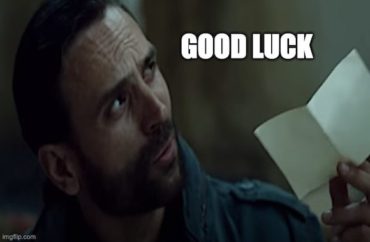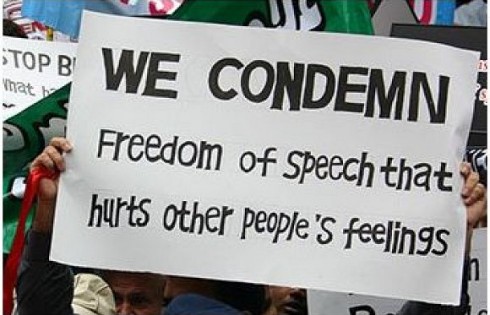
There may be nothing more cringe-inducing than reading what a group of education professors, especially those specializing in “equity,” have advised educators regarding parental communication and critical race theory (CRT).
That’s just what Education Week featured last week, apparently because parents and parents’ rights groups have been successful in challenging the loathsome concept.
While making use of the talking point that CRT is “typically in a college-level course,” a new Kappan report does concede that “elements” of CRT can appear in K-12 lessons as they help students “unpack and rethink the social construct of race that divides so much of U.S. society.”
The report offers a trio of ideas for “effective responses” to (parental) inquiries about CRT-related matters:
– Open by describing a shared value.
– Use active voice to name an antagonist (e.g., the people who are trying to divide) and call out divide-and-conquer tactics.
– End with a strong, positive call to action that affirms common values. Instead of being race-neutral or colorblind […] talk about making education better for students of different racial and ethnic groups.
Kappan report co-author Francesca López, the Waterbury Chair in Equity Pedagogy at Penn State’s Department of Curriculum and Instruction, said school personnel need to “step away from the fueling of [parents’] fear” by not getting defensive about CRT and instead “focus on what is actually going on, and why.”
López said that “what is actually going on” is teachers making sure “every student has an experience that elevates their opportunity, that validates their identity, that ensures engagement and curiosity.”
MORE: Student survey: Yes, critical race theory IS being taught in schools
 Montclair University Professor of Educational Leadership Emily Hodge (pictured) was more specific, claiming “conservative media outlets and organizations have inflamed the emotions of parents,” especially those in conservative, white suburban districts where schools are “diversifying.”
Montclair University Professor of Educational Leadership Emily Hodge (pictured) was more specific, claiming “conservative media outlets and organizations have inflamed the emotions of parents,” especially those in conservative, white suburban districts where schools are “diversifying.”
“The people who are orchestrating these kinds of media campaigns are concerned about power and politics and not actually about individual children or what’s happening at school” Hodge, another co-author of the report, said.
Let’s unpack all this, shall we?
First, race-conscious approaches go against the values of most Americans. As the U.S. Supreme Court currently is considering the status of affirmative action in college admissions (again), even ABC News notes almost two-thirds oppose such race-conscious policies (including 59 percent of African Americans).
In addition, race-conscious school discipline policies have proven to be a failure (and are disliked by teachers), and more than half of the country’s educators oppose the teaching of critical race theory.
As such, using a flowery “[We’re] making education better for students of different racial and ethnic groups” and “[We’re] validating every student’s identity” aren’t likely to assuage parent concerns. They’ll likely lead to a response of “Well, what do you mean by that, exactly?”
Lastly, Professor Hodge’s comments are a perfect illustration of the disconnect between modern academia and the real world. Does she really believe parents aren’t concerned that schools have made pornography available to children? That parents aren’t worried (white) children are being scapegoated by the “elements” of CRT being used in schools? That parents aren’t concerned that, in the name of “validating identities,” biological males are permitted in girls’ restrooms and locker rooms?
MORE: Here’s how schools hide Critical Race Theory in the curriculum: expert
IMAGES: THESSALONIAN31N/YouTube screencap; Montclair State screencap
Like The College Fix on Facebook / Follow us on Twitter







Please join the conversation about our stories on Facebook, Twitter, Instagram, Reddit, MeWe, Rumble, Gab, Minds and Gettr.